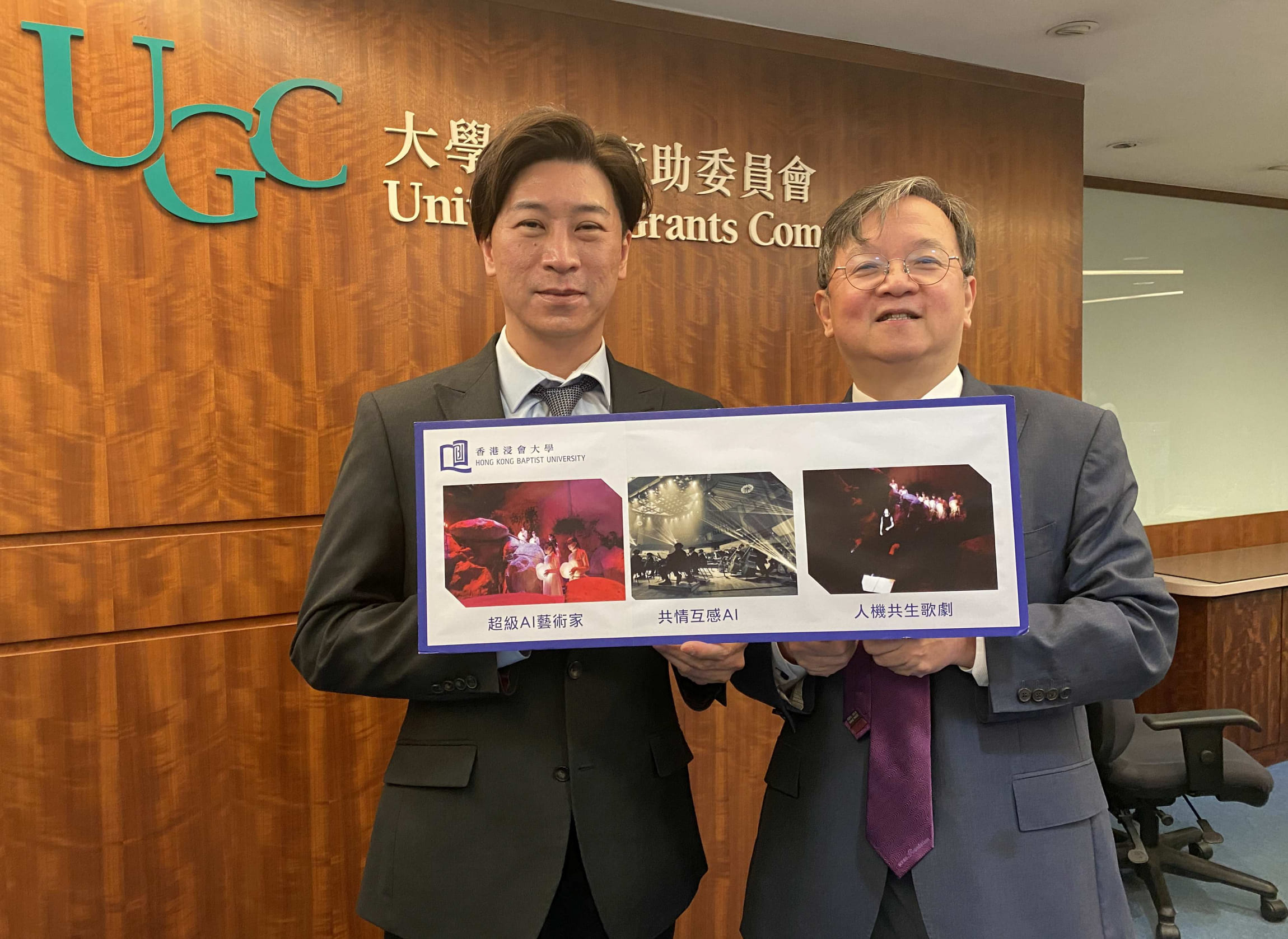Advancing art-tech research

Sponsored by

Sponsored by

An art-tech research project led by Hong Kong Baptist University (HKBU) has received HK$52.8 million ($6.8 million) in research funding from the Research Grants Council (RGC) in Hong Kong. This is the first time that major funding has been allocated by the RGC for an art-tech project.
Under the five-year initiative, the multidisciplinary research team will develop platform technologies for symbiotic creativity, providing unlimited art content for humans, including an art data repository, an artificial intelligence (AI) creative algorithm system, a research theatre, a digital art and policy network, and some unique and creative application projects, to usher in a new era of art technology.
Led by Professor Guo Yike, Vice-President (Research and Development), and Professor Johnny M Poon, Associate Vice-President (Interdisciplinary Research), at HKBU, the researchers will develop an immersive and interactive extended reality platform to capture human data, such as the cognitive and physiological data of artists and the audience, during the artistic creation and appreciation process. The data will then be converted into the descriptors of cognition, emotions, and behavioural patterns.

The research team led by Professor Guo Yike (right) and Professor Johnny M Poon has been awarded HK$52.8 million in research funding to develop platform technologies for symbiotic creativity.
The researchers will associate and link the artworks with the descriptors to build a comprehensive and extensive data repository for AI model training. It will enable machines to learn human aesthetics and foster a new direction in art created by both humans and machines.
“This project stands at the forefront of the arts and science nexus, harnessing the power of science and technology to advance human and AI interaction in art creation,” said Professor Guo.
The multidisciplinary team includes scholars from Yale University, the University of Cambridge, Imperial College London, and Tsinghua University. The team will also work with industrial and musical partners, including Huawei, Microsoft, and Opera Hong Kong.